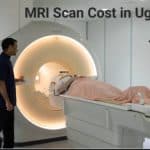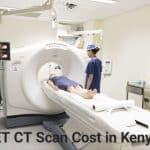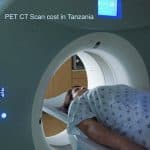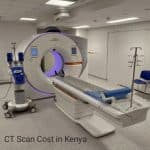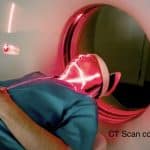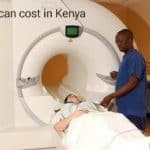What is PET CT Scan?
A PET-CT scan is a diagnostic tool that merges imaging technologies to offer comprehensive insights into the body’s internal workings. Positron emission tomography (PET) involves introducing a small amount of a radioactive substance into the bloodstream, which accumulates in areas with high metabolic activity. This radioactive material emits positrons, and the PET scanner detects these emissions, creating a functional map of the body’s processes.
Complementing the functional data, computed tomography (CT) provides detailed structural images by combining X-rays from multiple angles. The fusion of PET and CT images in a PET-CT scan allows healthcare professionals to correlate metabolic activity with precise anatomical locations. This synergy is particularly advantageous in oncology, where it aids in identifying and characterizing tumors, determining their stage, and evaluating the effectiveness of treatments.


